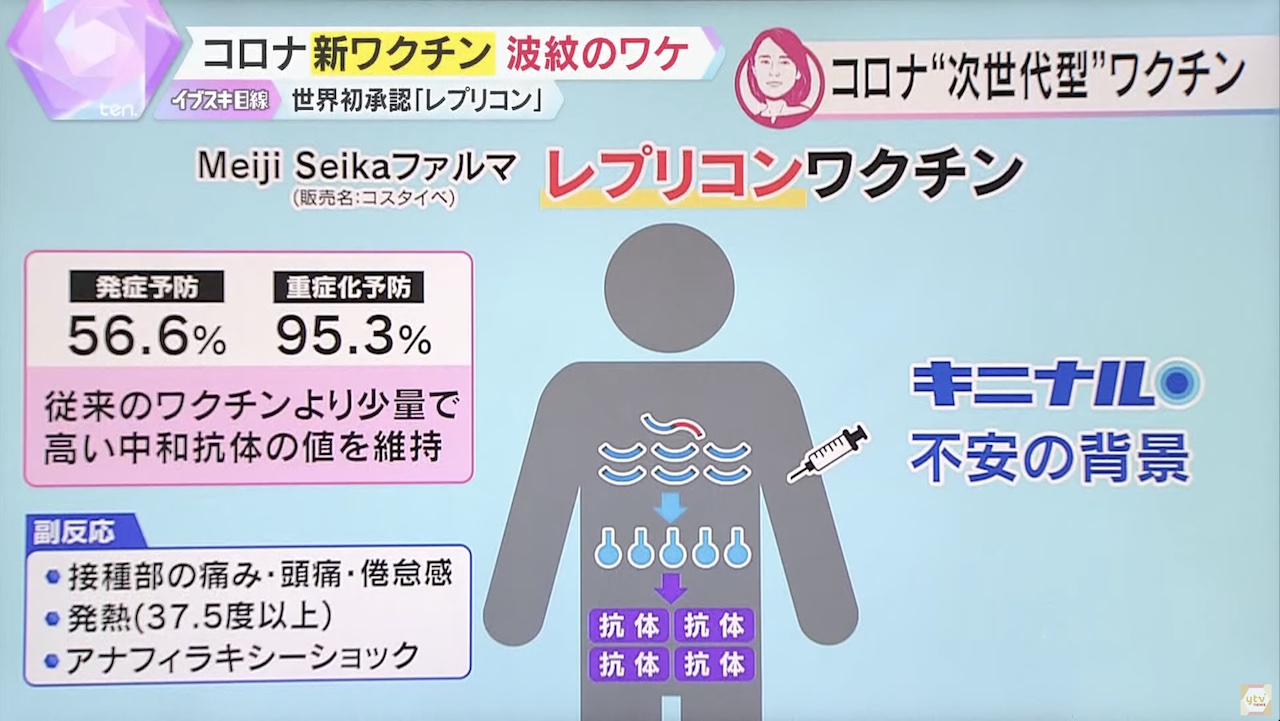TOKYO, Oct 17 (News On Japan) - Japan’s recent approval and rollout of a new "Replica Vaccine" for COVID-19 has triggered widespread public concern, with some businesses imposing entry bans on vaccinated individuals. The vaccine, which began regular administration in October, has faced backlash due to its ability to "self-replicate" in the body, raising anxiety about its safety.
Several yoga studios and restaurants have refused entry to those who have received the vaccine, while hospitals have received phone calls urging them not to use it.
The vaccine’s rapid approval in Japan—previously criticized for slow vaccine approval—has added to public unease. Japan became the first country in the world to approve the vaccine, and many fear its novelty, especially its self-replicating feature. While pharmaceutical companies and the government have assured that this replication is temporary and not transmissible, misinformation continues to spread.
Concerns were further heightened in August when the Japan Nursing Ethics Association expressed fears that vaccinated individuals could unknowingly transmit the vaccine to the unvaccinated. However, officials from both the government and vaccine manufacturers have repeatedly emphasized that such transmission is scientifically impossible.
Dr. Kido of Osaka Metropolitan University acknowledged that public fears are understandable but stressed the importance of continuous monitoring of the vaccine’s effects. He encouraged individuals to make informed decisions by consulting medical professionals, noting that no serious cases related to the vaccine have been reported so far.
The government and pharmaceutical companies continue to call for calm, urging the public to rely on credible sources of information when assessing the new vaccine’s safety.
Source: YOMIURI
















